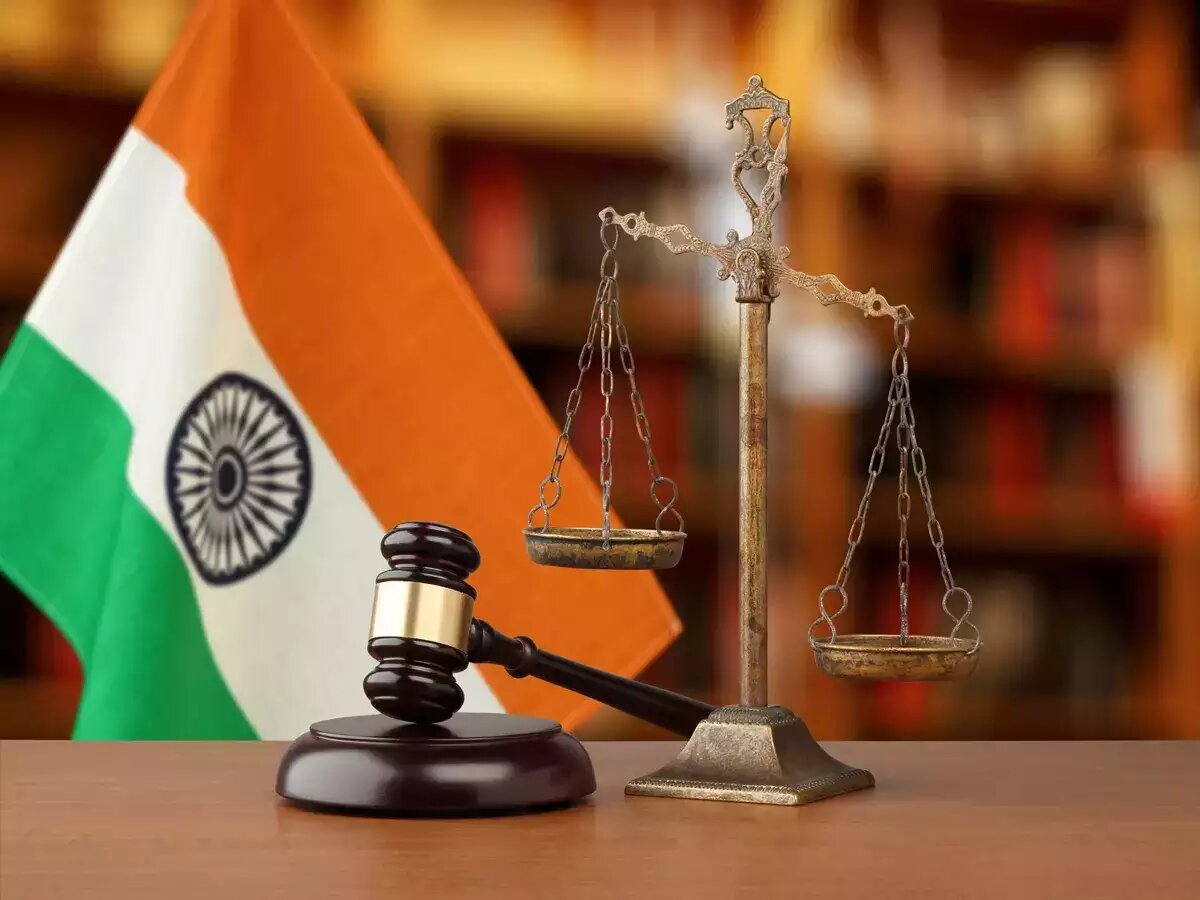Speaking at an event celebrating the Supreme Court’s diamond jubilee, he emphasised the importance of creating a professional culture. The Chief Justice of India brought attention to the controversial topic of lengthy vacations in higher courts and declared that he was prepared to discuss alternatives like flex time for judges and attorneys.
Last year, the number of cases pending in Indian courts surpassed five crore. There are over 62 lakh cases in high courts and over 4.4 crore cases in district, taluka, and tehsil courts. With only 21,000 judges in the judiciary, this enormous caseload is easily managed.

Source: Brand Equity
The handling of cases and the administration of justice are impacted by the judge population, which is far below the number of authorised positions, particularly at the district level. The district judiciary, which the CJI correctly identified as the public’s first point of contact, urgently needs modifications to enhance its operations.
The protracted recommendation and approval process for judicial appointments is a significant roadblock. The National Judicial Appointments Commission (NJAC) Act was passed ten years ago. The NJAC’s process for nominating candidates for appointment as Chief Justice and judges of high courts, as well as as the Chief Justice and Judges of the Supreme Court, was outlined in the Act.
Source: Live Law
Nonetheless, the Act was declared “unconstitutional” by the Supreme Court in 2015, which also maintained the collegium system of nominations. If the judiciary and the administration are in agreement, the NJAC can be made a competitive substitute for the current structure. It is time to pick up the conversation on the NJAC again and give it another look, especially after President Droupadi Murmu supported the proposed All India Judicial Service a few months ago.
What do you think about this? Comment below.

